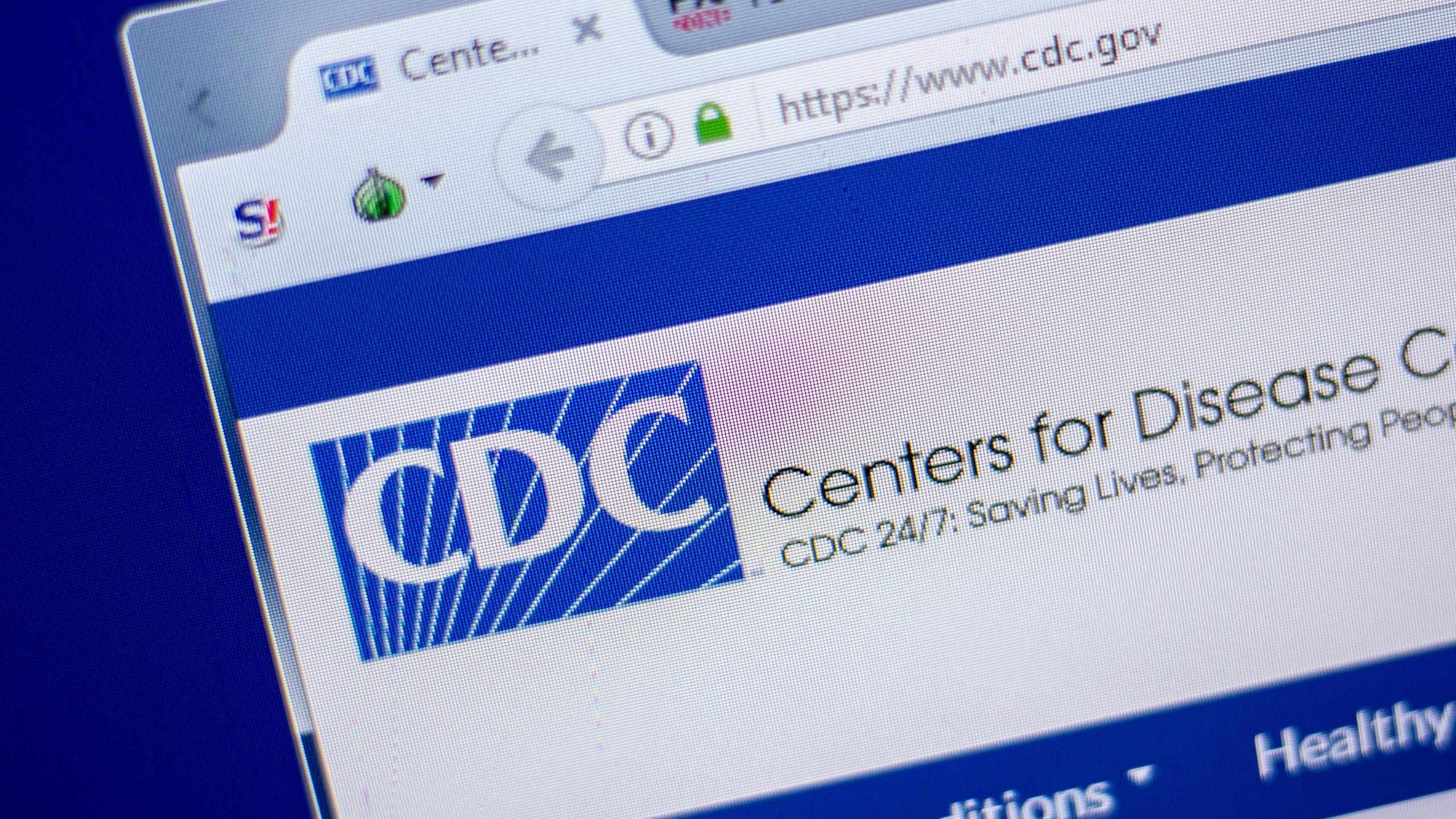For the first time in at least 20 years, Alabama teens will not participate in the biennial Youth Risk Behavior Survey from the Centers for Disease Control, although it’s unclear why or who made the decision.
The YRBS tracks a number of important trends among high schoolers, including mental health issues and sexual activity. Mental health experts consider the survey an important tool in a time when teen suicides and depression are at all-time highs. Likewise, the anonymous survey has proven vital in tracking sexual activity and sexually transmitted diseases among teens.
For some reason, however, Alabama officials earlier this year returned the CDC funding to complete the survey. Last week, state superintendent Eric Mackey, whose Alabama State Department of Education has administered the survey in odd years since at least 2003, acknowledged that the state was no longer participating in the survey.
APR asked for an explanation for why the state has opted out and who made that decision. While Mackey indicated that he wasn’t involved in the decision to opt out, he did not provide APR with an answer for who made the call.
A CDC chart obtained by APR shows that Alabama officials accepted at least $100,000 annually in funding over the past six years, but in December, it returned more than $46,000 to the CDC and informed the CDC it was opting out of the cooperative agreement.
“It is unclear to us why ALSDE has decided to send YRBS funding back,” said Alabama Campaign For Adolescent Sexual Health executive director Christina Clark Okarmus. “The loss of this information is huge. YRBS data allowed us to track how many Alabama youth were engaging in sexual behaviors, how many were using safer sex methods like condoms and birth control, and how many were tested for HIV and STIs. The YRBS also allowed us to see a fuller picture of sexual assault and sexual violence, including unhealthy relationships. Without this data, we cannot know how to best serve young people in Alabama.”
Alabama is not alone in opting out of the survey. Idaho and Florida also have recently declined to participate in the survey, with officials in those states indicating that the decision stemmed from ongoing controversies over conversations about sex and mental health between school officials and students. Questions that were once considered routine and necessary, particularly in the context of an anonymous survey tracking vital information, have suddenly become controversial as politicians increasingly use any reference to sex or sexual situations as a means to scare parents or vilify public school officials.
The decision to opt out of the survey comes at an even more curious time for Alabama, which would see its first survey results under the state’s new strict abortion ban. Already with one of the highest teen pregnancy rates in the country, the state was expected to see a sharp uptick in that number.
Alabama also has one of the highest rates in the nation of sexually transmitted diseases among teens. That’s thanks in large part to a lack of sexual education in Alabama schools. Officials have long shied away from mandating proper sex ed, choosing instead to make it optional for schools, so long as they emphasize abstinence.
However, students’ sexual health behaviors is only one aspect of the survey. It also is considered one of the best tools for tracking mental health trends and issues among teens and allowing experts and doctors to tailor programs and interventions to address them.
“Having that kind of data allows us to say ‘do this, not that’ in really important ways,” Kathleen Ethier, director of the CDC’s Division of Adolescent and School Health, told KFF Health News. “For any state to lose the ability to have that data and use that data to understand what’s happening with young people in their state is an enormous loss.”




















































